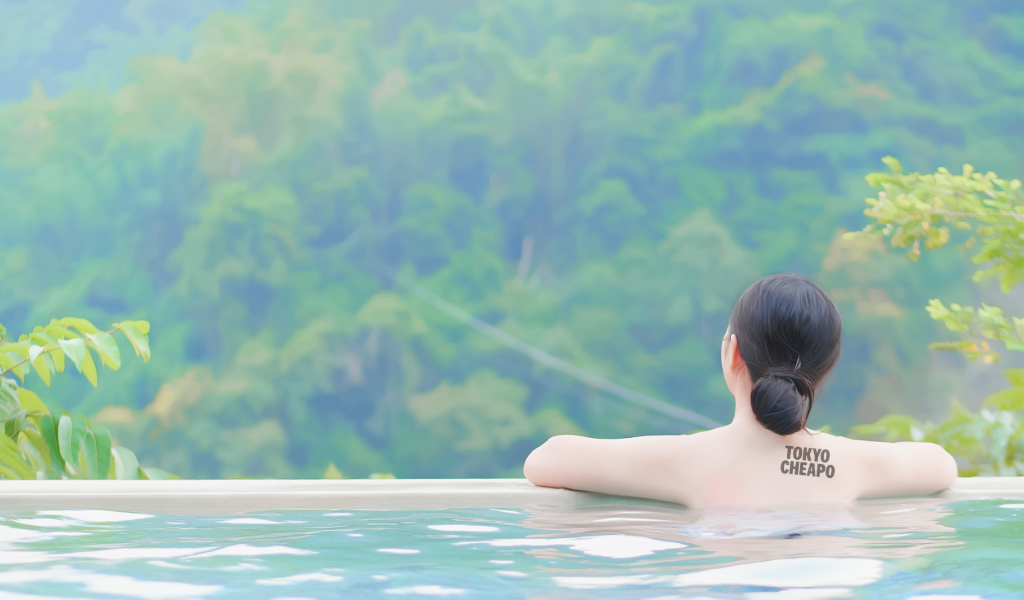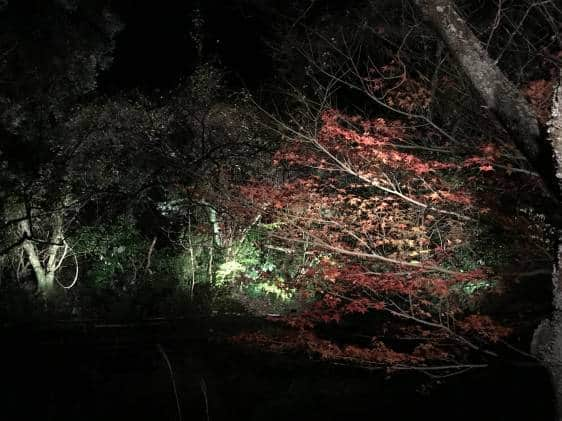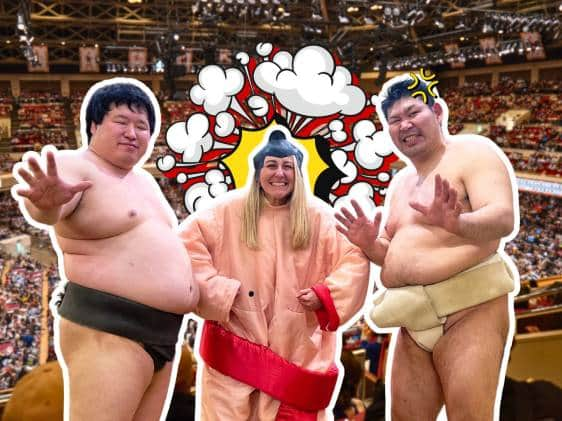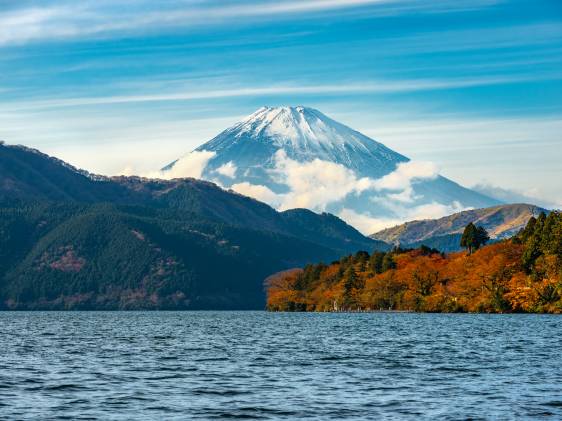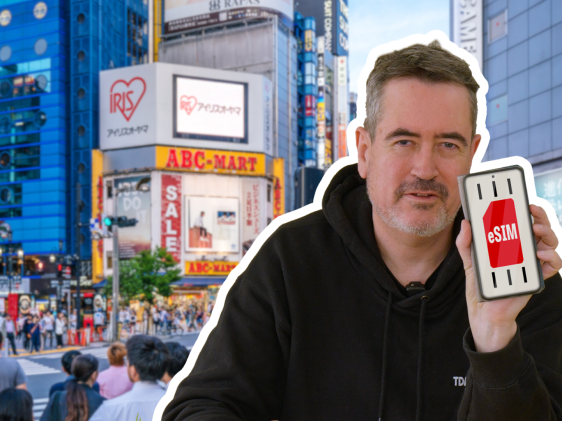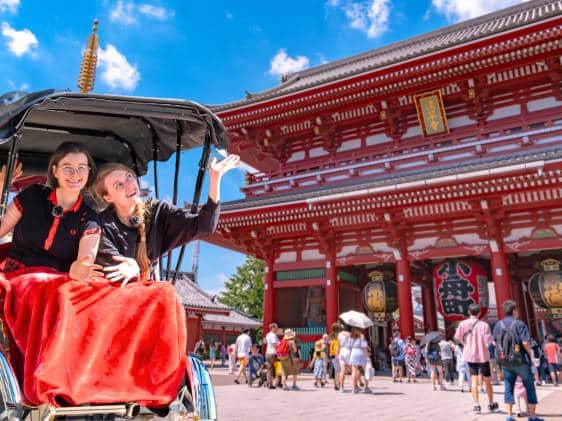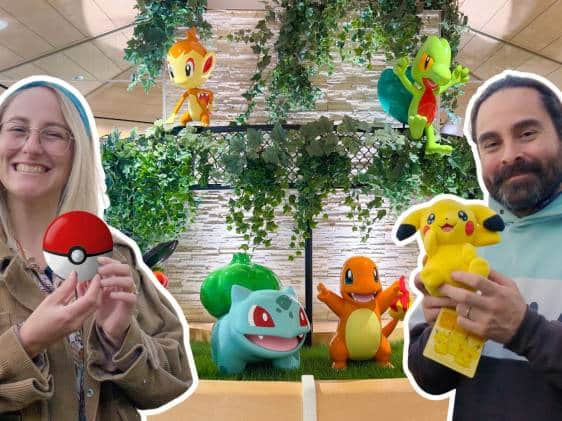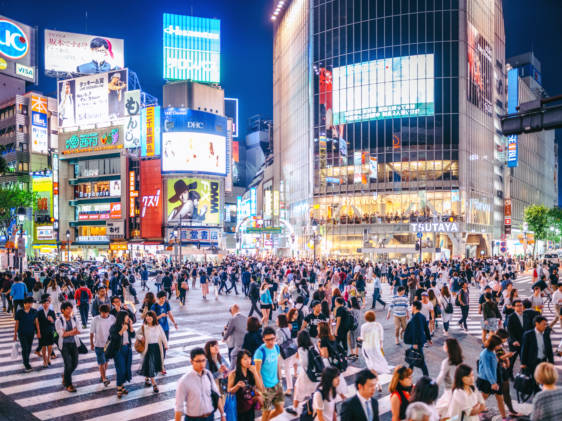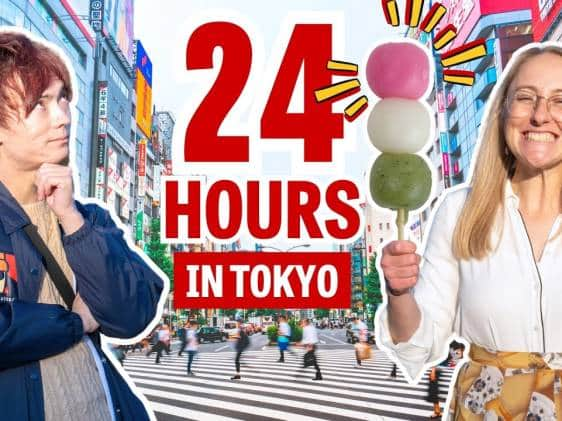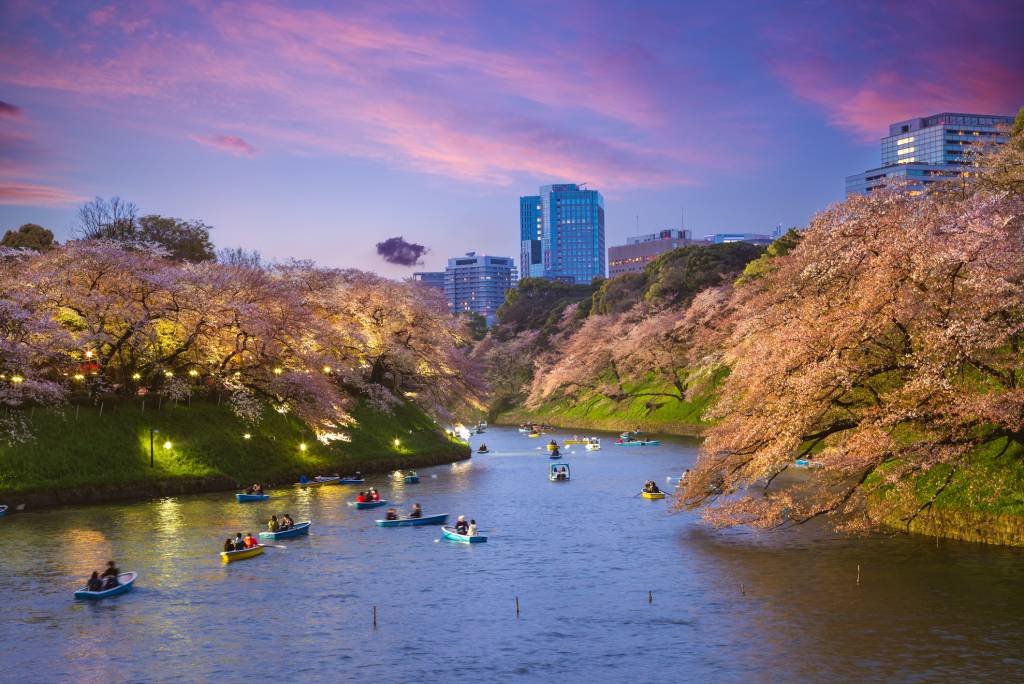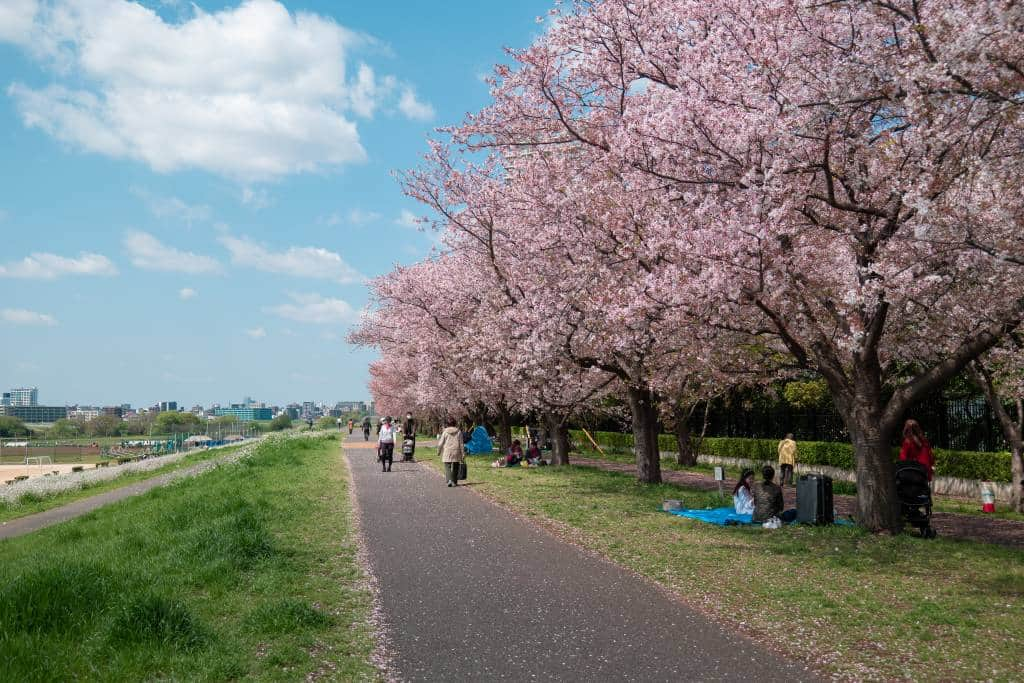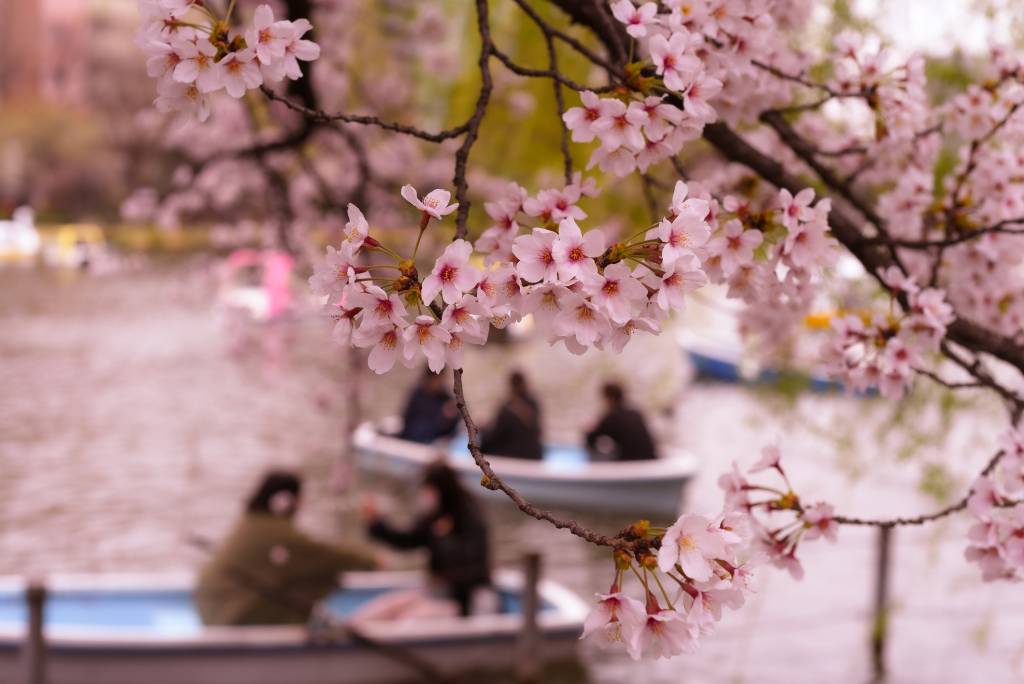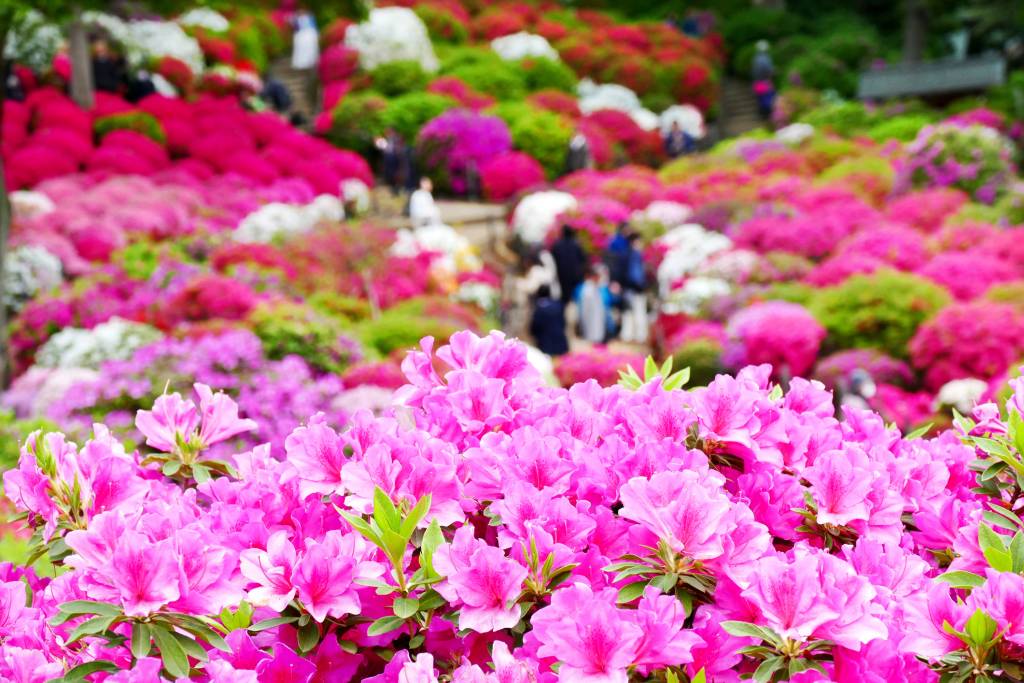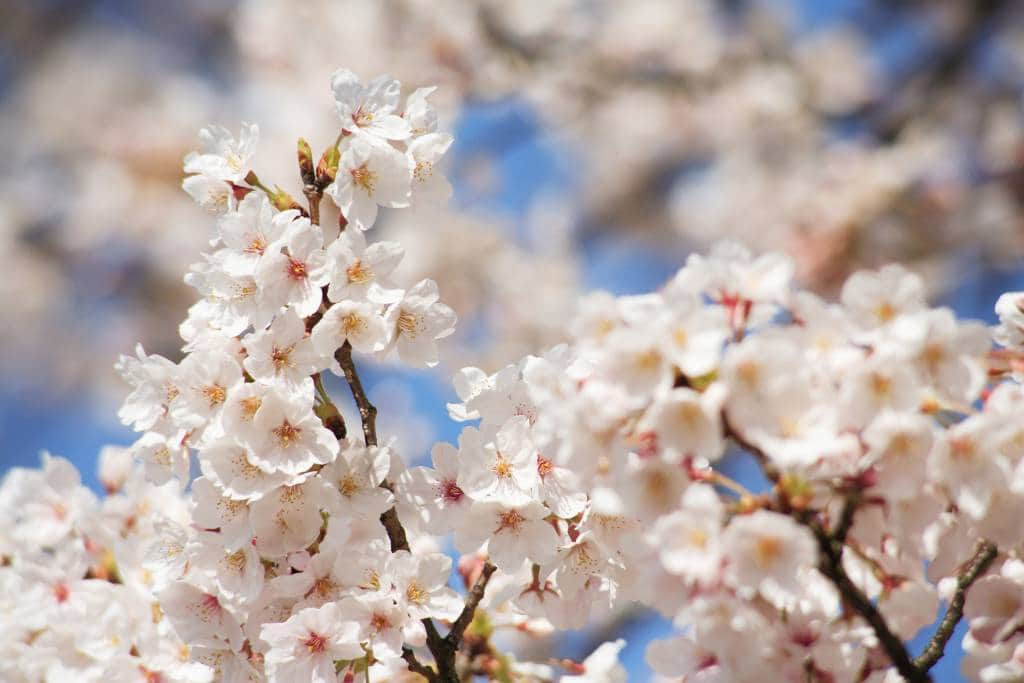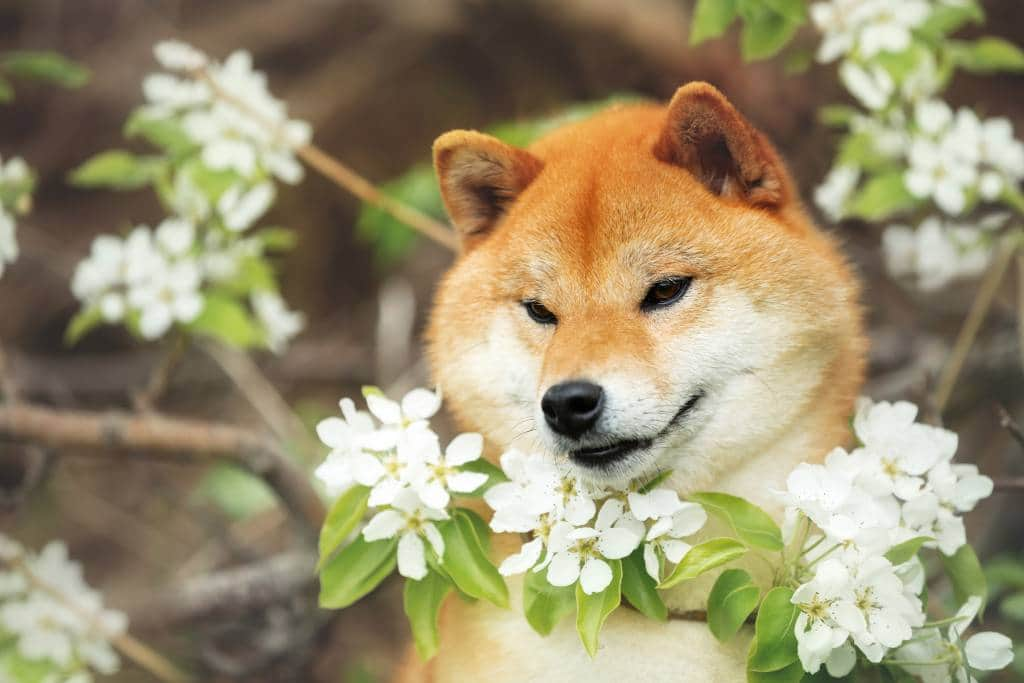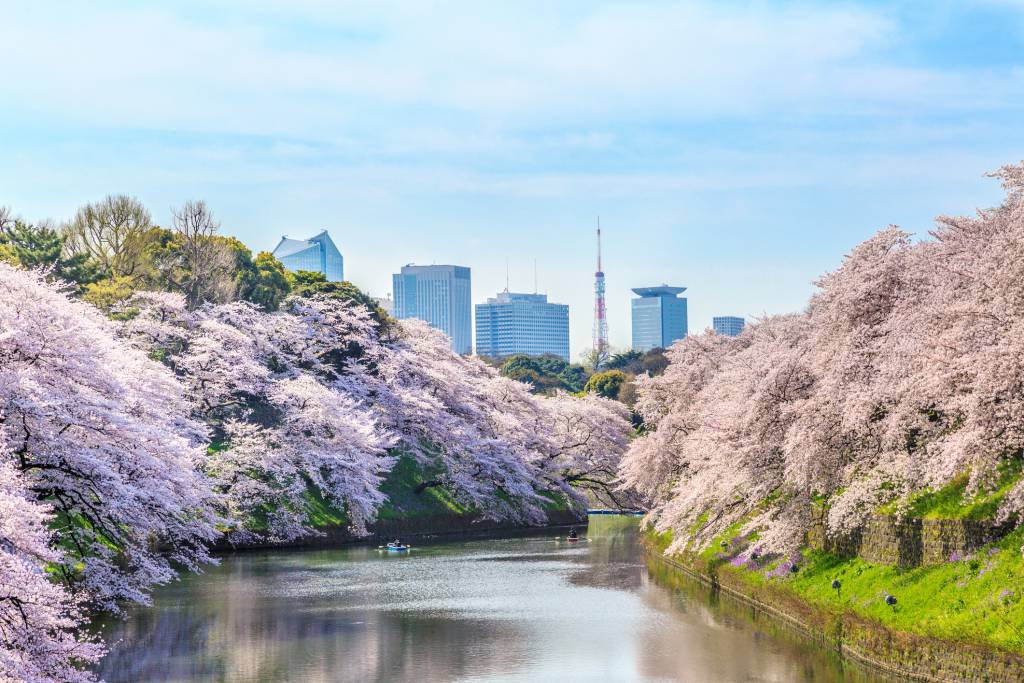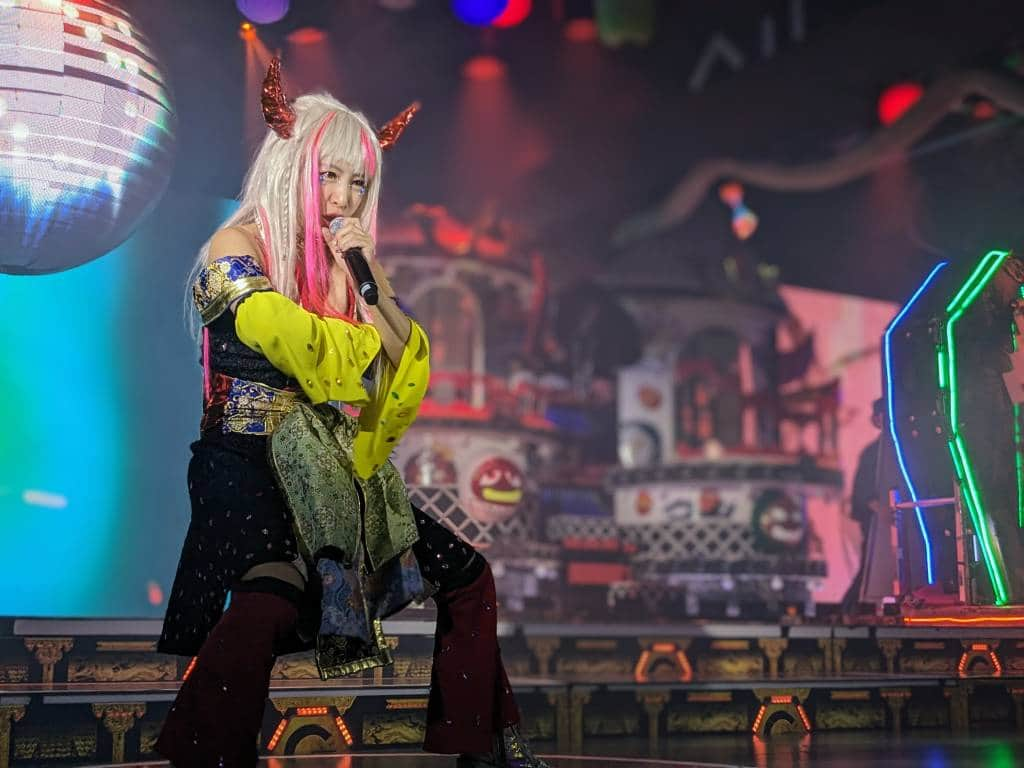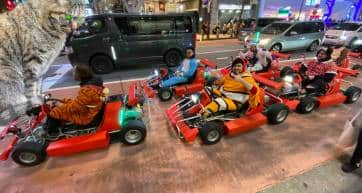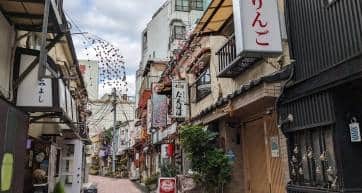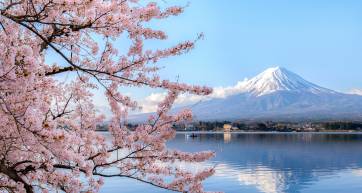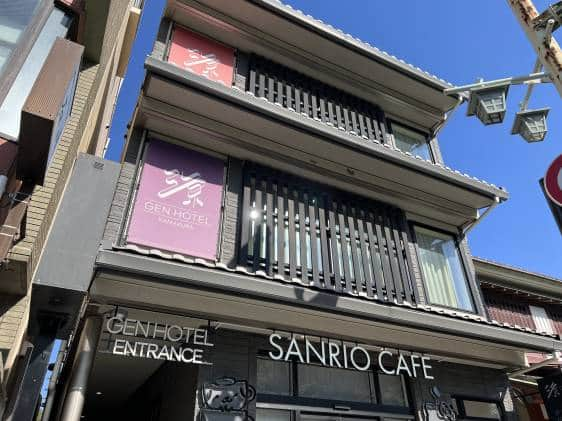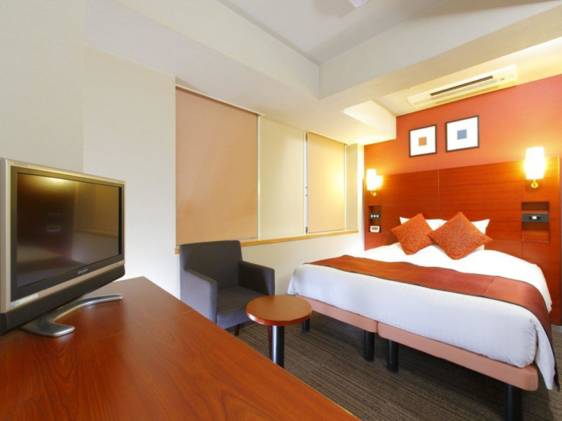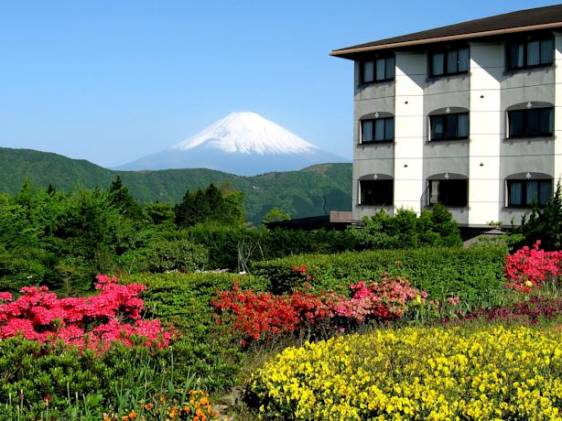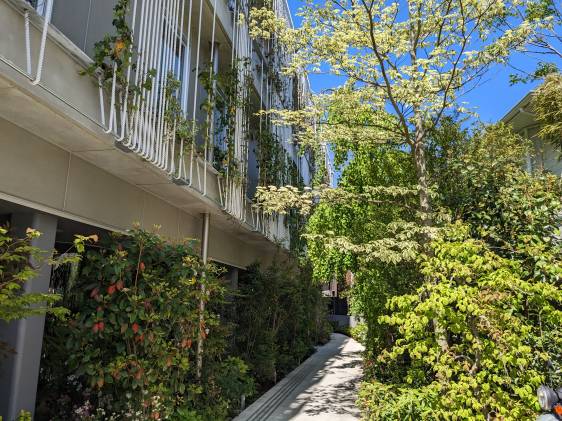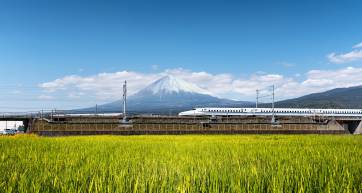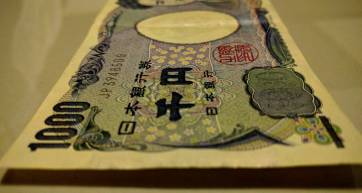Let us guess, you’re hyped to visit a hotspring while you’re in Japan but someone just told you that you can’t because of your tattoos. Well, we’re here to tell you they’re wrong. Tattoo-friendly onsen exist, and we’ve got the lowdown on all the best ones in and around Tokyo.
Afterall, onsen are a huge part of Japanese culture, which we have written about before, and we want to make sure you don’t miss out just because you’ve got some cool tatts.
Tips for visiting onsen if you have tattoos
When it comes to hot springs and tattoos, there are three different categories: Onsen that are explicitly tattoo friendly, onsen that have no clear policy, and onsen that have “no tattoo” policies.
Onsen that explicitly call themselves tattoo friendly are, of course, your safest bet. You can usually find something on their website saying that tattoos are okay. A big plus is that these onsen are often foreigner friendly too, and may even have English signage or English-speaking staff. But, there are sometimes caveats with these places. For example, they might say that small tattoos are okay, or that tattoos are okay if they’re covered with a plaster.
Onsen that have no clear policy are, in our experience, the most widespread. The good news is that there is nothing stopping you from walking in and asking. But the bad news is that there is nothing to stop them from turning you away either. In general, small local onsen tend to fall into this category, and in our experience we’ve been let in more often than turned away. But this can be a tricky situation if you don’t speak Japanese. That’s why we ultimately recommend sticking to onsen that are explicitly tattoo friendly.
As for “no tattoo” hot springs, well, if they’ve gone to the effort to put something on their website or a sign on the door, they’re just not worth your time. Luckily, there aren’t too many of them. These are usually more commericial places, think the Oedo Monogatari chain or Spa World in Osaka. We also personally couldn’t find anywhere in Atami, Shizuoka Prefecture, without a “no tattoo” sign.
1. Daikoku-yu in Sumida Ward
¥520 for adultsSumida Ward, Tokyo
For a tattoo-friendly onsen in the central Tokyo, Daikoku-yu is a great option. Not only do you get to soak in a lovely natural spring water, but you’ll also get fantastic views of Tokyo Skytree while you’re at it.
This public bath has two sections, one indoors and one outdoors. The two sections are rotated between men and women on alternating days, so you’ll need to come two days in a row if you want to try both — just tragic, we know. Indoors there are several baths to choose from, including ones with massage jets and medicinal herb bath. There’s even a standing bath which is recommended for people with knee and back pain. The outdoor section has views of Skytree, and a shallow bathing area where you can lie down.
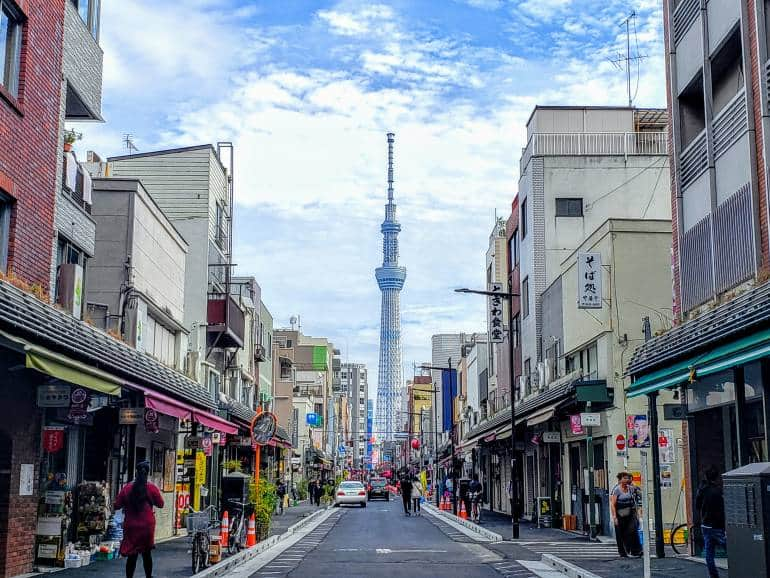
Daikoku-yu also has a sauna, a steam room, and a relaxation deck with hammocks on the second floor. Shampoo and body soap are provided, but towels cost an extra ¥100.
2. Tenzan Tohji-kyo Onsen in Hakone
¥1,450 for adultsHakone, Kanagawa Prefecture
Tenzan onsen gets top marks for its variety of baths, as well as a selection of other facilities available on the premises.
As well as the usual indoor bath and shower area, there are several rotenburo — outdoor baths — to choose from. The biggest bath in the women’s bathing area has a little cave where you can pray for fertility, if that’s your thing, or sit inside and pretend to be a cave witch. Of course, you can kill two birds with one cave and do both.
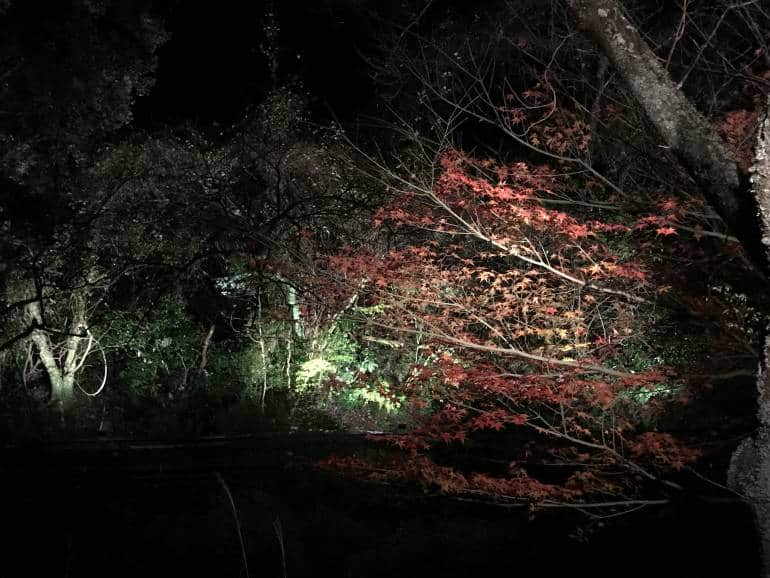
There is a smaller bath that has a higher water temperature, with a cold water bath right next to it. If you want to prolong your time in the hot springs, we recommend alternating between the hot and cold baths. If you do feel the temperature getting to you, there are seats available to cool off.
The milky bath right in the center has the most pleasant temperature, so you can spend the longest time pretending to be Cleopatra, enjoying your silky smooth skin.
You can also use a sauna and a steam sauna, as well as a multi-directional massage jet shower. These facilities are rarely available at other onsen, which is what makes Tenzan our top choice.
There is shabu-shabu restaurant if you get hungry, which does offer other Japanese set food for reasonable prices, and even had a vegan option last time we were there. A massage service is also available in case you want to splurge. The facilities have a large courtyard in the middle, where you can relax and take in nature.
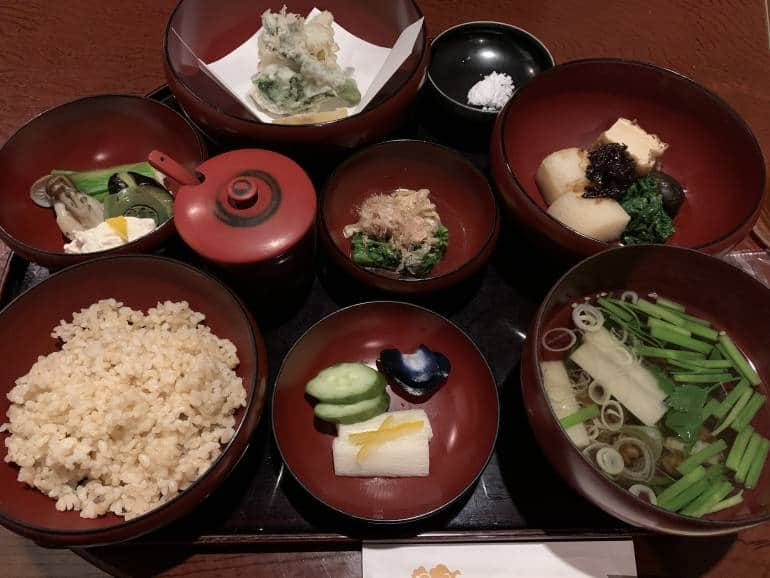
Pro tip: Bring your own body wash, as there is only bar soap available here, and towels will cost you money, so those are good to bring along too.
To get here, you can either drive an hour and a half from Tokyo, or take the Romancecar to Hakone-Yumoto and take the K bus from the station. Entry is ¥1,450 for adults and ¥700 for kids into the main Higana area, and ¥1,200 and ¥700 into the Kayoi annex area. The Kayoi area is small, and not really worth it, so we would recommend just sticking to the main area if it is your first visit. For more on transport, see our guide on getting from Tokyo to Hakone.
3. Yamato No Yu in Narita
From ¥850 for adults on weekendsNarita, Chiba Prefecture
What Yamato No Yu lacks in bath variety, it makes up for in its location — it is only 40 minutes away from Narita Airport, which makes it a perfect stop whether you are just beginning your time in Japan, or are flying out of the country and want one last onsen fix.
An important thing to mention is that this onsen does not allow children younger than elementary school age (6 years old), which makes it great if you want to enjoy the quiet, but not so great if you have your family in tow, so plan accordingly.
My favourite thing about the outdoor bath here is that after dark, you can see the lit up train cars go by in the distance, which creates a charming ambiance, especially if you are a train nerd.
If you are shy, there are three private baths that are available to book. A private bath for up to two people will set you back ¥2,800 for 1 hour, and one for up to four people will cost ¥4,000. These baths need to be booked in advance, so be sure to check their website. Entry to the regular bathing area is a very reasonable ¥850 on weekdays, and ¥1,000 on weekends.
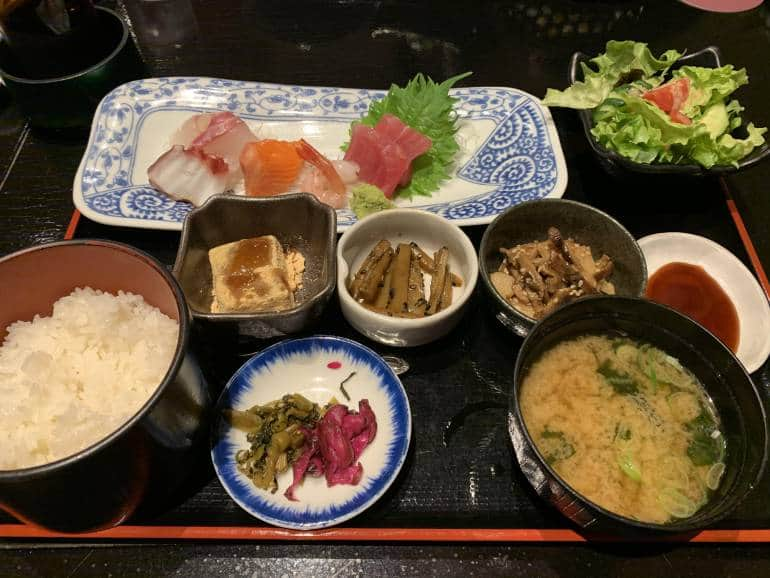
The restaurant on site is most famous for sushi but has a variety of other food available. We recommend the hamburg steak and shrimp tempura set if you’re not a fish fan.
If you don’t drive, the nearest train station is Shimosa-Manzaki, from which you can either get a taxi, or enjoy the 23 minute walk if the weather is nice, and you don’t have a suitcase in tow.
4. Hottarakashi Onsen in Yamanashi
¥900 for adultsYamanashi Prefecture
Hottarakashi Onsen wins the crown for being the cheapest on this list at ¥900 for adults and ¥400 for kids, and offers stunning mountaintop views, which include Mt. Fuji in all her glory on clear days. The reason it is lower on our list is that it is impossible to get to if you don’t drive and will take over two hours by car from Tokyo.
It is absolutely worth it making the trip out there though, as the huge, tiered, open air baths offer a view like no other, even at night, and allow you to find a place to relax away from other visitors.
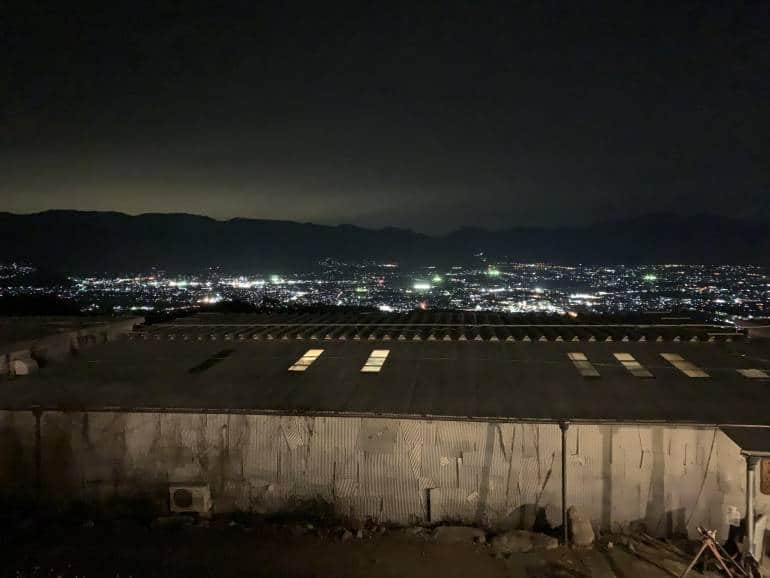
There is also a food stall, which is famous for deep fried onsen eggs — they are absolutely delicious, so be sure to try one when there.
If you are interested in making a trip here but don’t have wheels, check out our guide for renting a car in Japan.
Frequently asked questions
Are tattoos allowed in Japan?
Yes, tattoos are allowed. Even though they were illegal at various times in the past, they’re legal now. If you’re a foreign tourist, it’s unlikely you’ll have any negative experiences because of your tattoo. However, if you live here you might be asked to cover it up in professional settings.
Are there any tattoo-friendly onsen in Tokyo?
Yes! Have a look at all the options above, you’ve got a few to choose from.
How strict are onsen about tattoos?
That all depends on the onsen. Some of them completely refuse all and any tattoos, and will put up signs saying so. But most either don’t have a policy at all or are openly tattoo-friendly. Also in general, the smaller the tattoo, the less strict places tend to be.
While we do our best to ensure it’s correct, information is subject to change. Post first published in December 2021. Last updated: November 2023.

